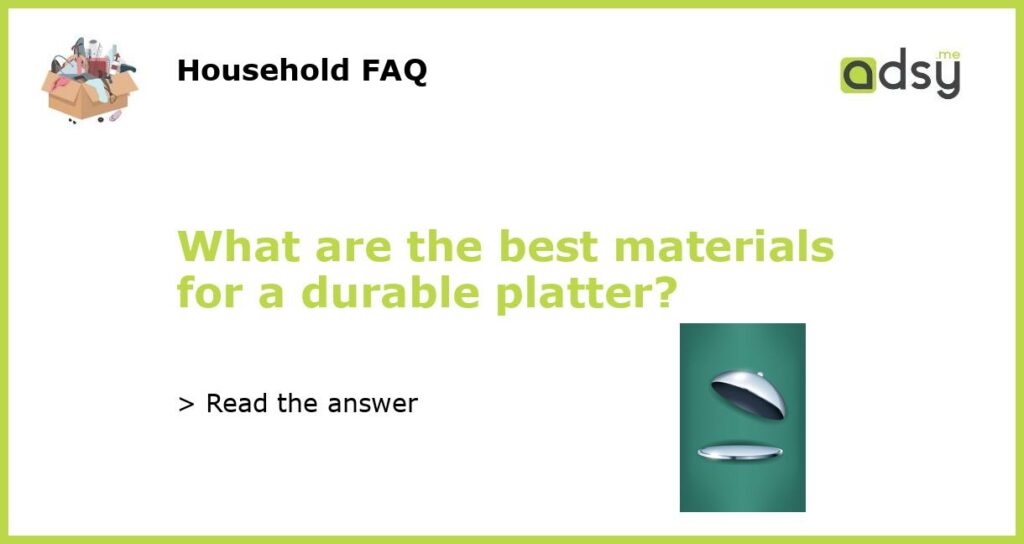The Importance of Platter Materials in Turntables
When it comes to turntables, the platter is one of the most important components as it directly affects the overall sound quality. The platter serves as a platform for the record to spin on, and the material it’s made out of can greatly impact how well it maintains consistent speed and reduces unwanted vibrations. Here are some of the best materials for a durable platter:
Aluminum
Aluminum is a popular choice for turntable platters as it is lightweight, durable, and has good anti-resonance properties. Plus, it provides a clean and detailed sound. Aluminum platters often have a matte finish to reduce sliding friction. However, some audiophiles feel that aluminum can have a bright or sharp sound, and prefer other materials for a warmer sound.
Acrylic
Acrylic is a newer material that has been gaining popularity in turntable platters. It is highly resistant to resonances and vibrations, has a smooth surface for minimal friction, and can often add a unique aesthetic touch to a turntable setup. However, acrylic can also be relatively expensive and may not suit everyone’s budget.
Glass
Glass platters are known for their consistency in speed and texture, as well as their attractive appearance. Glass is also very hard and heavy, which can minimize vibration and provide a stable sound. However, glass is prone to cracking or breaking, and can be expensive to replace if it does get damaged.
Ceramic
Ceramic platters are a more unique and rare option, but they provide a warm, mellow sound and have excellent resonance damping. They are also known for their high density and durability, as they are less likely to scratch or break compared to other materials. However, ceramic platters can be quite heavy, so they may not always be compatible with certain turntable models.
MDF
MDF (medium-density fiberboard) is a decent budget-friendly option for turntable platters and is often used in entry-level turntables. It is a type of engineered wood that has excellent sound-dampening properties and allows for a smoother spin. However, it is not as durable as other materials and may need to be replaced sooner than other options.






